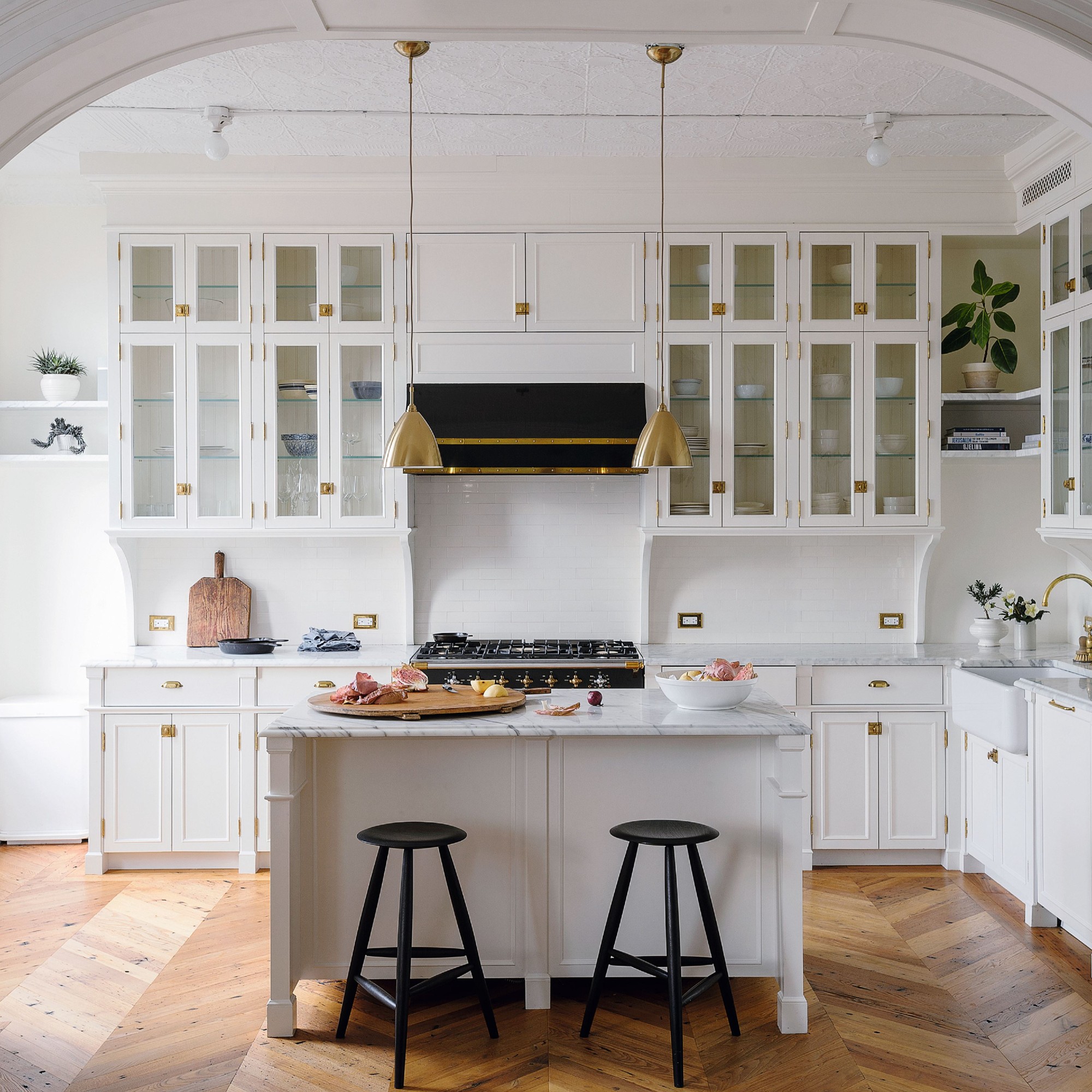
Although it may be considered an ancient practice, the principles of Feng Shui for interior design remain just as relevant today more than ever. Following a viral TikTok that's taken the social platform by storm revealing even more interior trends to avoid after being dubbed 'bad Feng Shui', we might just have to reconsider some of the home decor trends we choose to hop on.
It's not enough to find things 'aesthetically pleasing' in a living space, as for Feng Shui, it's all about arranging and decorating your living spaces to harmonise with and ground you with the natural world. So, the home design choices you make really count.
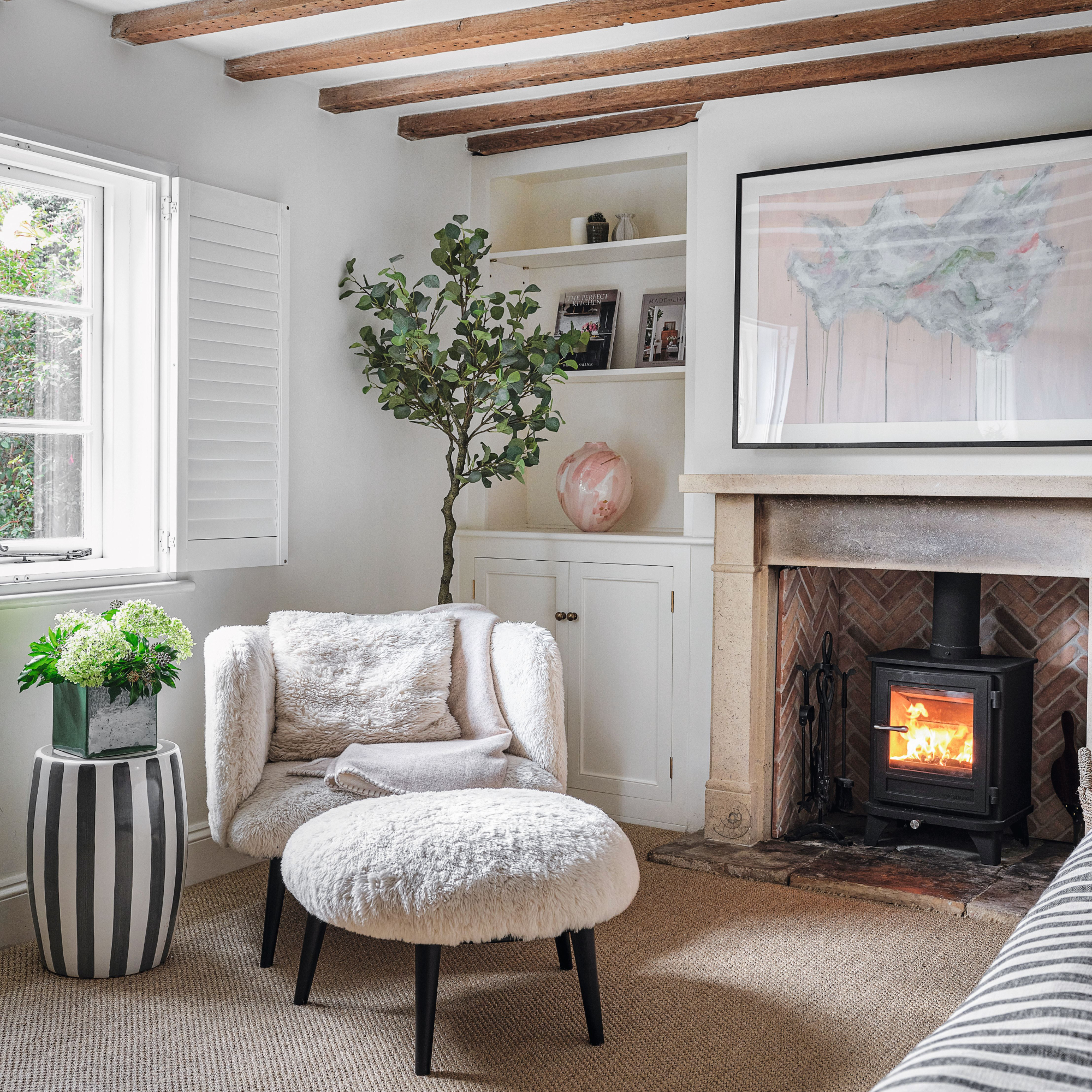
3 home design choices that are 'bad Feng Shui'
Feng Shui expert and founder of Home Heart Feng Shui, Jemma, took to TikTok to share her bout of knowledge regarding some of the most common living room trends we've seen in many homes (especially modern living rooms and the like).
Her TikTok was viewed over 170,000 times, and this is what she had to say.
@home_abundance ♬ original sound - Home Abundance
1. Glass front doors
'Ideally, the front door should be made of solid wood to provide you with a sense of strength, support, and safety,' starts Jemma. 'Glass doors represent fragility and can leave you feeling vulnerable and exposed in your own home.'
Front doors and hallways are often seen as one of the most important areas of a home as this is where Qi (energy) enters a household. This is why there's also such an emphasis on the things you should never see from your front door, according to Feng Shui practices.
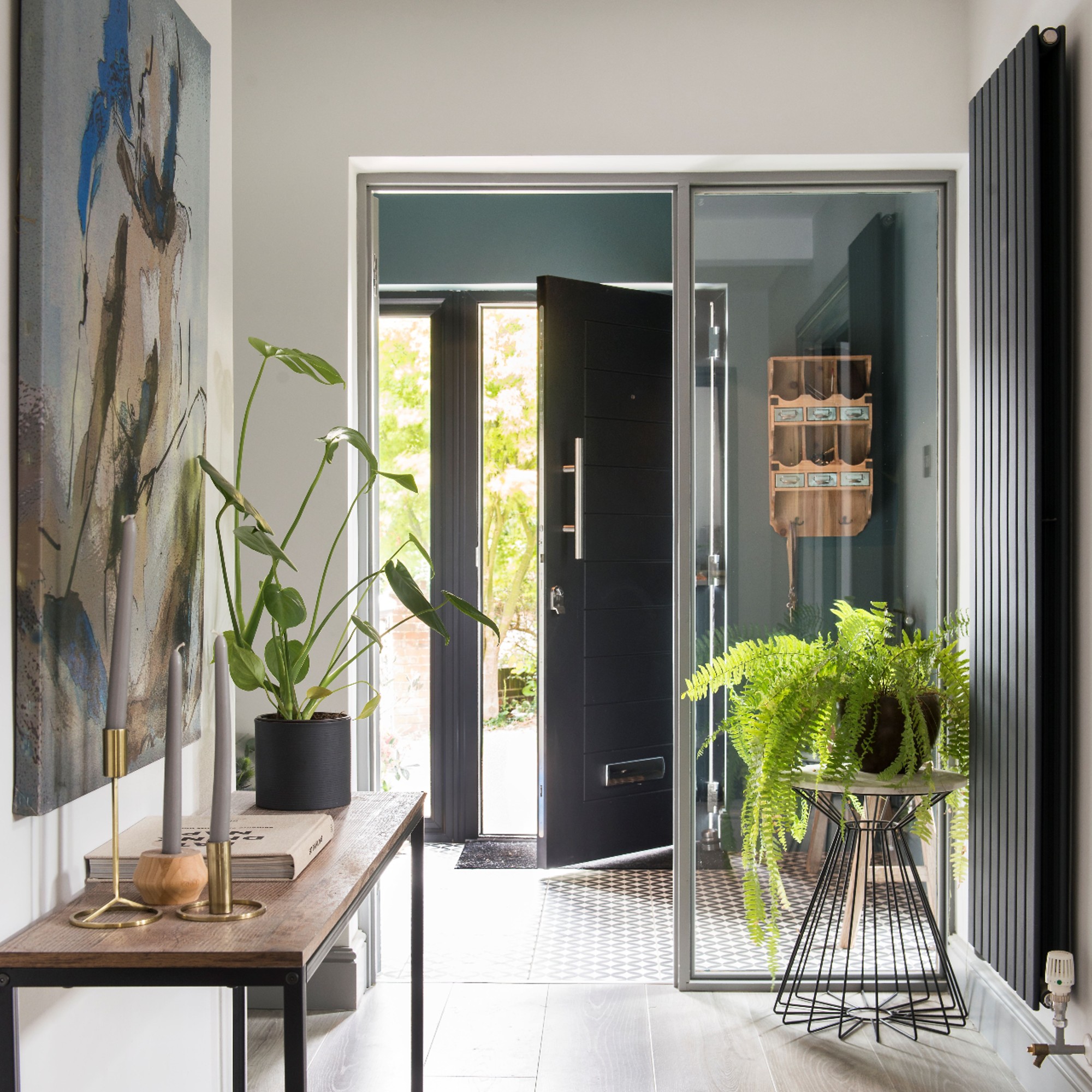
Zoe Vita James, Feng Shui practitioner and associate of the International Feng Shui Association UK Chapter agrees saying, 'For homes on a corner plot, or on a T-junction with another road pointing straight at the front door, for example, it is a big no-no to have a glass-fronted door. A solid wooden door brings protection from this outside energy that is sorely needed in these situations for the health and happiness of the occupants inside.'
However, there are some cases where this can be bent. 'Spaces with glass doors opening out onto a beautiful and well-protected garden can be a fabulous way to bring both light and positive energy into a home,' assures Zoe.
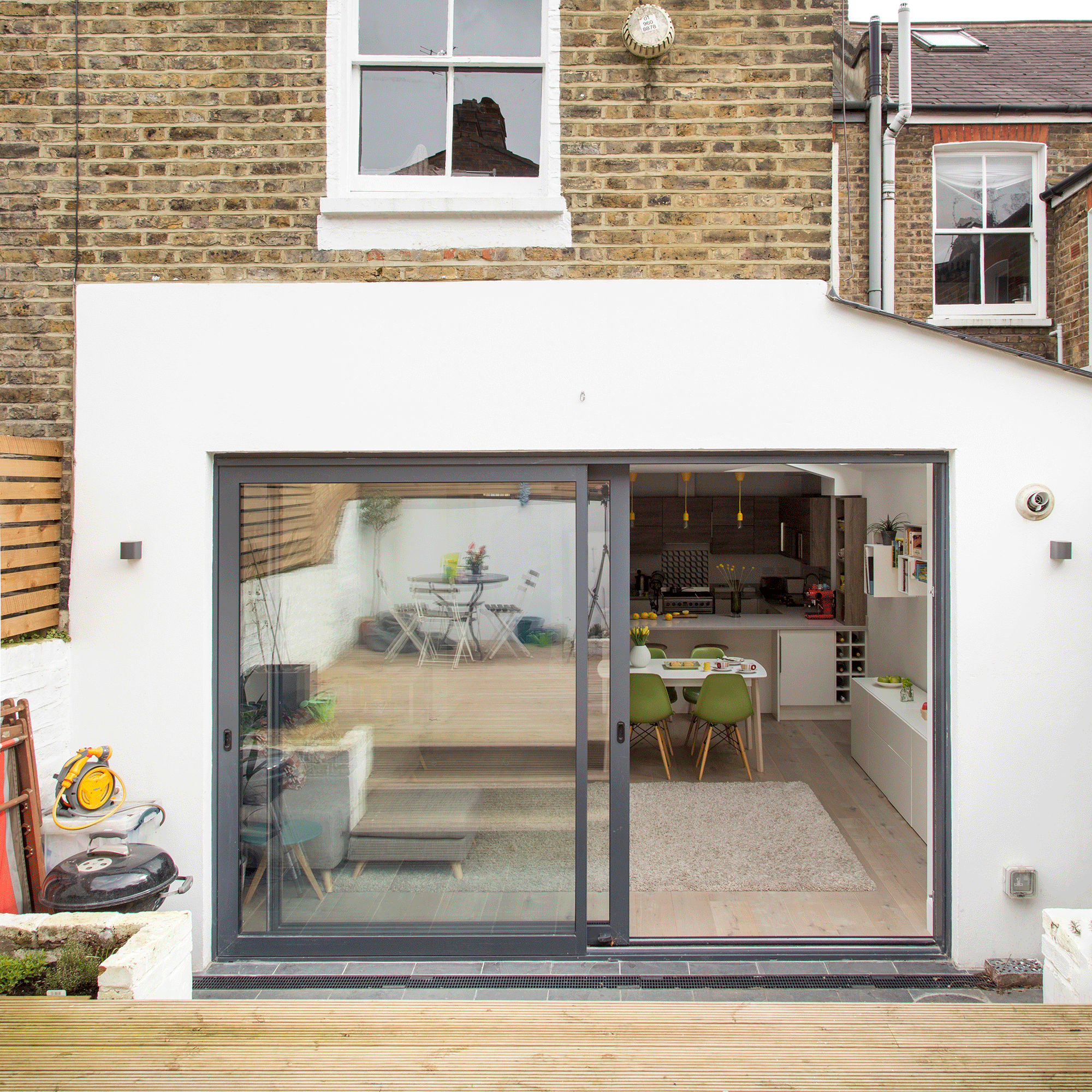
2. Too many arched doorways
'Traditionally, arched doorways are used in places of worship like churches, so the energy is very Yin,' starts Jemma. 'Too much Yin energy in a home can make you feel unmotivated.' But why exactly does Yin make you feel unmotivated?
'Yin in a room means areas of shade, soft materials, muted colours, soft lines, and cosy areas,' explains Zoe. 'Yang means bright light, bold colours, reflective materials such as glass and metal finishes, and literal noise.'

Too much of either of these in your living space can create an imbalance, and that's why achieving a healthy balance between Yin and Yang is one of the key principles of Feng Shui.
'Therefore, it's important to keep arches and curves in a home to a minimum or ensure they are balanced with the number of straight lines and solid angles,' advises Anna Elkington, Feng Shui expert and director of Melody Maison. 'This is as Yin energy should be equally balanced with Yang, created through straight lines and angles, to ensure positive energy throughout the home.'
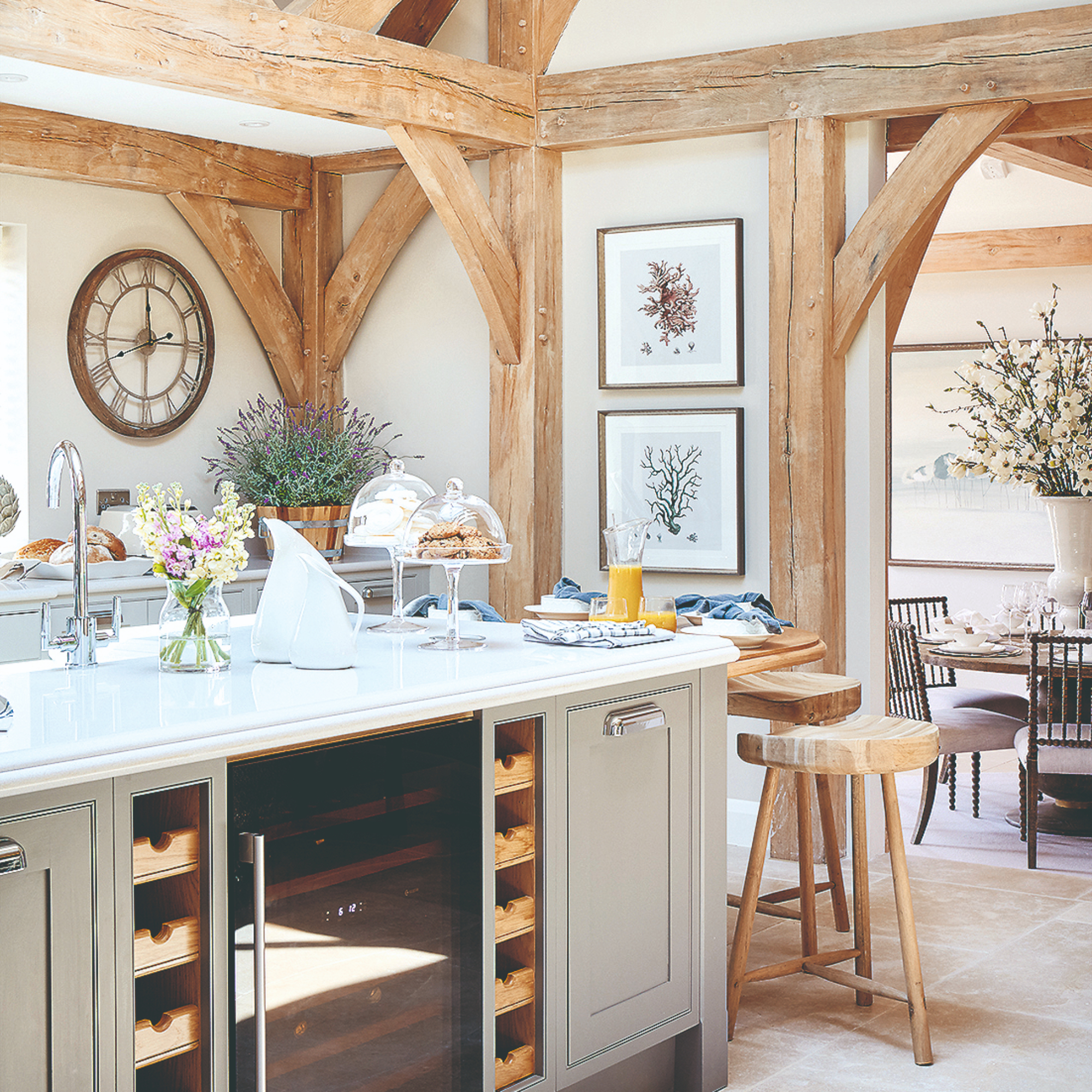
3. Faux beams to your ceiling
Jemma explains that although they give character to a room, these are often treated as 'Sha Qi' in Feng Shui, or poison arrows, shooting down harsh, oppressive energy that can hinder health and prosperity.
'Absolutely,' agrees Zoe. 'Exposed beams, whether real or faux, are a definite weakness in a room, and should ideally be removed or covered up with a false ceiling.'
'At the very least, it is important to place furniture strategically beneath the beams so as to minimise the effect of the 'Sha Qi' damaging energy when spending time beneath the beams.'
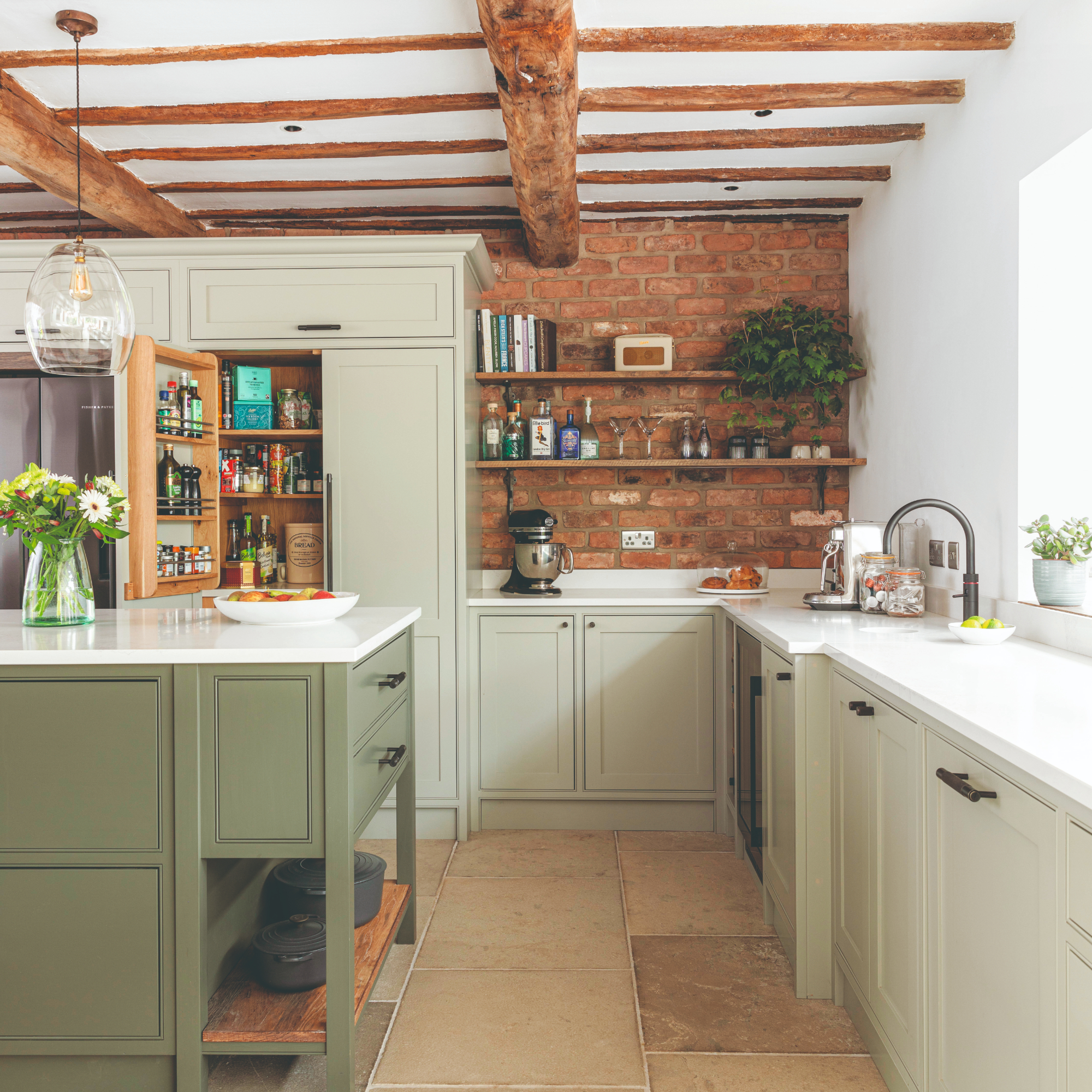
The benefits of glass in a home in response to Feng Shui principles
While it may be nice to be clued up on all things Feng Shui, there are times when it just can't be helped and you might be left feeling a little helpless with your structural choices. So, if you've got glass in your home, fear not, as it's not all doom and gloom.
Jamie Jones, founder and CEO of Open Space Concepts says, 'As an outdoor living specialist, I understand that some individuals may have concerns about using glass in their homes due to certain Feng Shui beliefs that associate it with fragility and vulnerability.'
'However, it's crucial to emphasise that modern glass utilised in construction and outdoor living spaces is far from delicate,' assures Jamie, 'With advancements in technology, we now have access to tempered and laminated glass, which significantly enhances its strength and safety.'
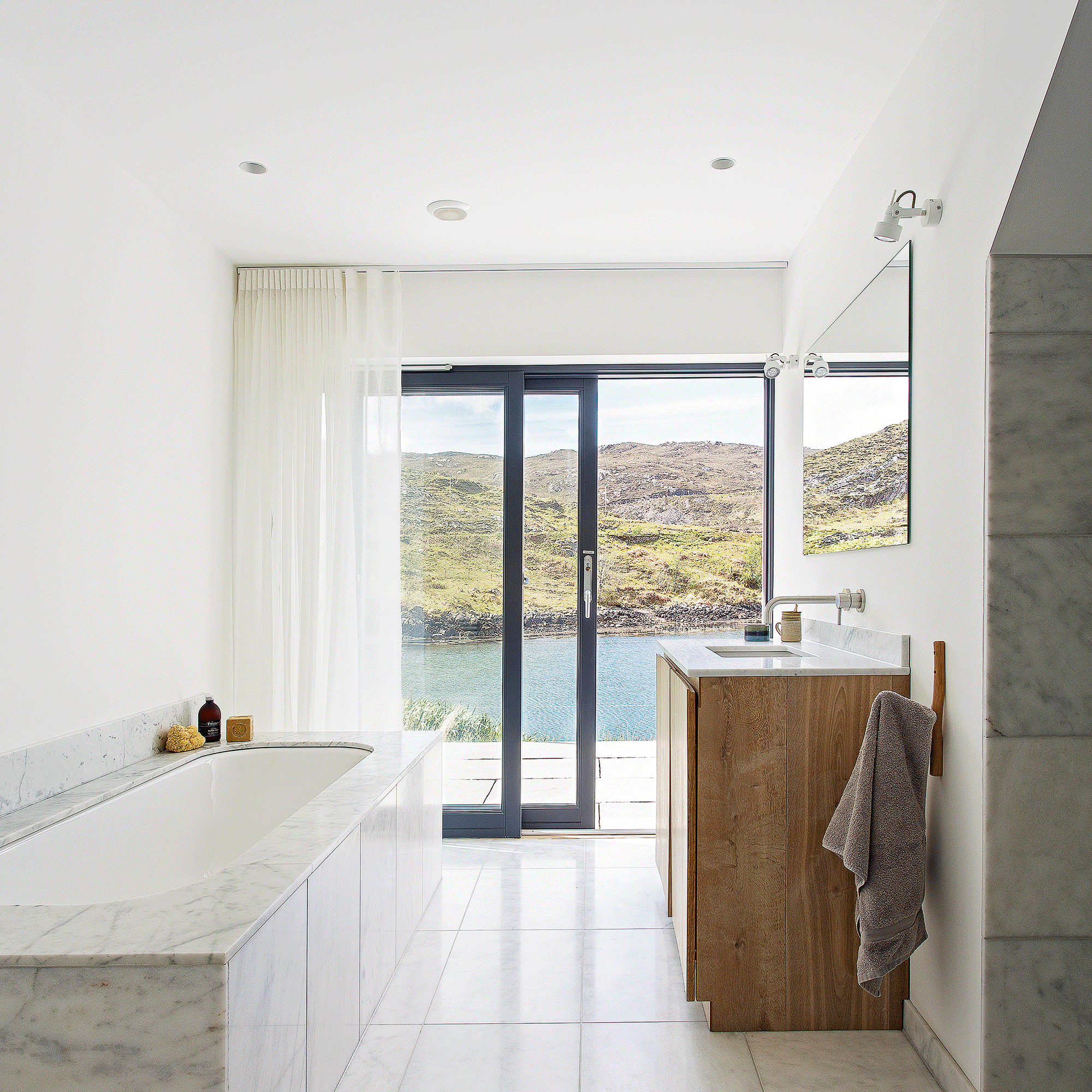
'One of the key benefits of incorporating glass in the home is its unparalleled ability to create openness and connect the indoors with the natural surroundings,' stresses Jamie.
'Glass allows for unobstructed views of the landscape, bringing the beauty of nature right into the living area. This creates a harmonious synergy between the interior and the external environment, fostering a sense of tranquillity and wellbeing.'
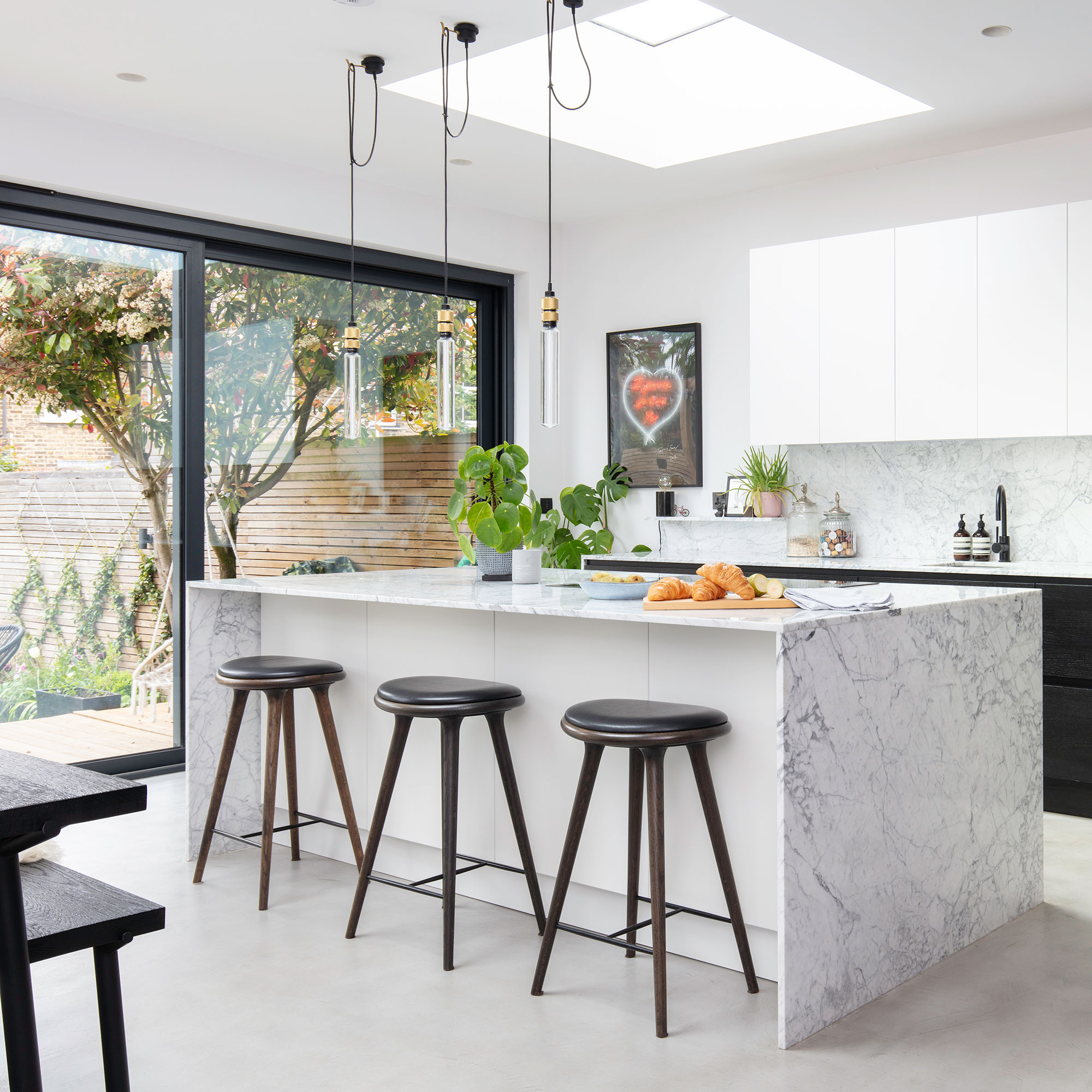
While these structural interior design 'mistakes' certainly aren't gospel per se, it's definitely something to think about the next time you go to curate your dream home on Pinterest.
And even then, irrespective of Feng Shui beliefs, if you like something, who's to say you can't do it anyway?







